Couples Therapy
Relationships can face difficulties such as communication breakdowns, recurring conflicts, or struggles with intimacy. Couples therapy offers a structured space where partners can address these issues, rebuild trust, and strengthen their connection. As one of our important therapy modalities, it is not only for relationships in crisis, many couples also use it to deepen understanding and prevent small challenges from becoming larger ones.
In a supportive and respectful environment, both voices are heard. With tailored counselling approaches and practical strategies, we help partners explore patterns, resolve tension, and develop skills that make daily life together more balanced and fulfilling. For some, couples therapy may also link with other therapy modalities, such as family therapy, when wider dynamics play a role.
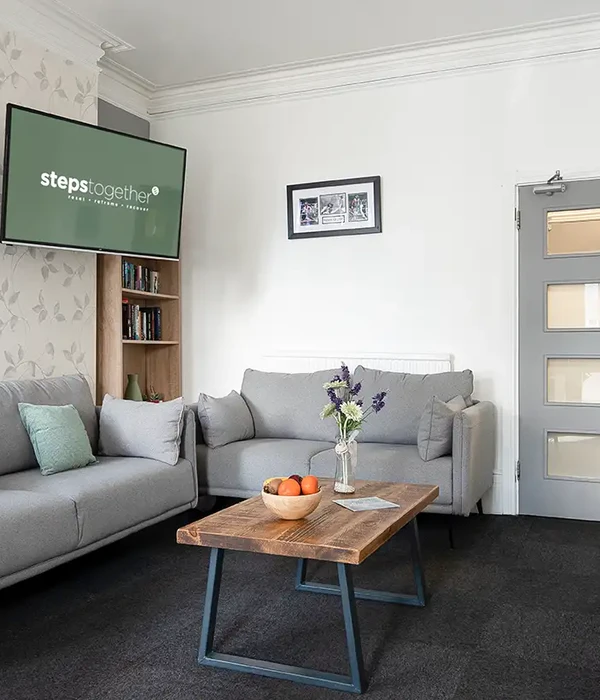
Take the first step with us
We know that reaching out for couples therapy can feel daunting, but it’s often the most important move towards building a healthier connection. Whether you’re seeking support through marriage counselling in the UK or simply want to strengthen communication, we’re here to walk alongside you.
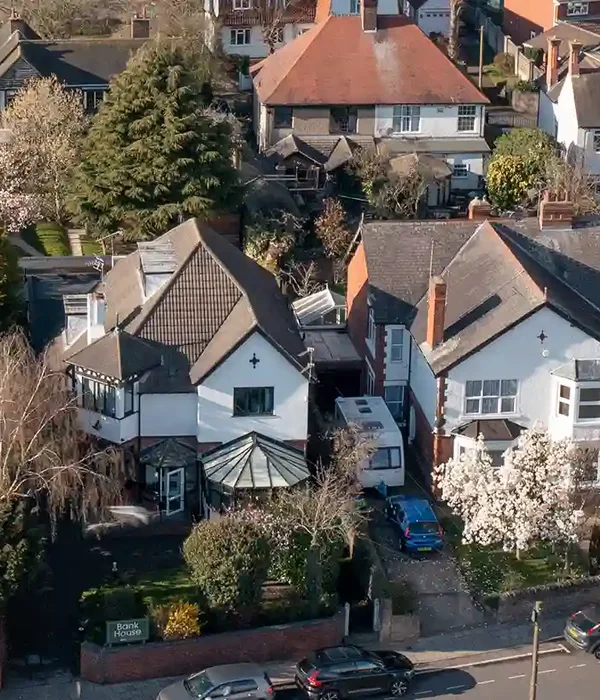
What to expect from couples therapy
Couples therapy gives us structured time with a trained professional to explore how we communicate, manage conflict, and support each other. Sessions focus on practical tools and guided conversations rather than blame, helping us build healthier patterns in our relationship.
What Is Couples Therapy
Couples therapy, sometimes called relationship counselling, is a form of talking therapy designed to help partners work through difficulties together. It is led by a qualified therapist who may have training in psychology, counselling, or family therapy.
The aim is not to decide who is right or wrong but to understand how each of us experiences the relationship. We learn to recognise unhelpful patterns, explore emotional needs, and find ways to respond to each other more constructively.
Conflict is expected in any relationship, and therapy helps us manage it more effectively. A typical relationship therapy session lasts about 50 minutes to an hour. The number of sessions needed varies depending on the issues and our goals, but many couples attend for several weeks or months.
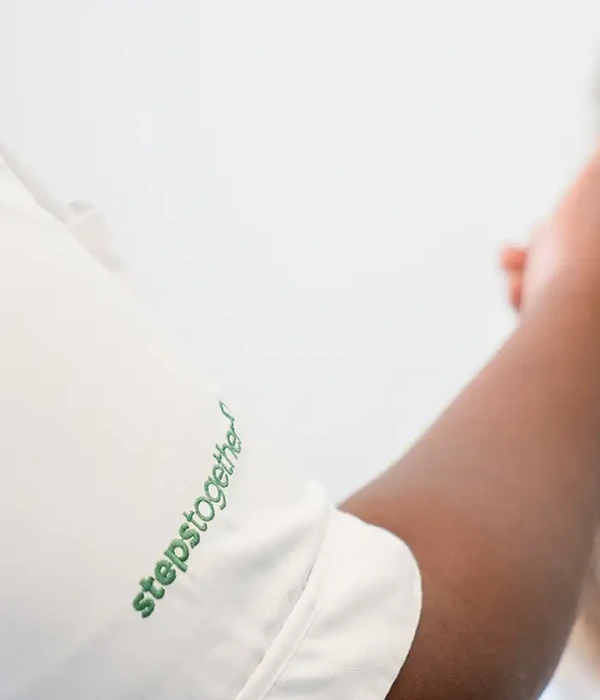
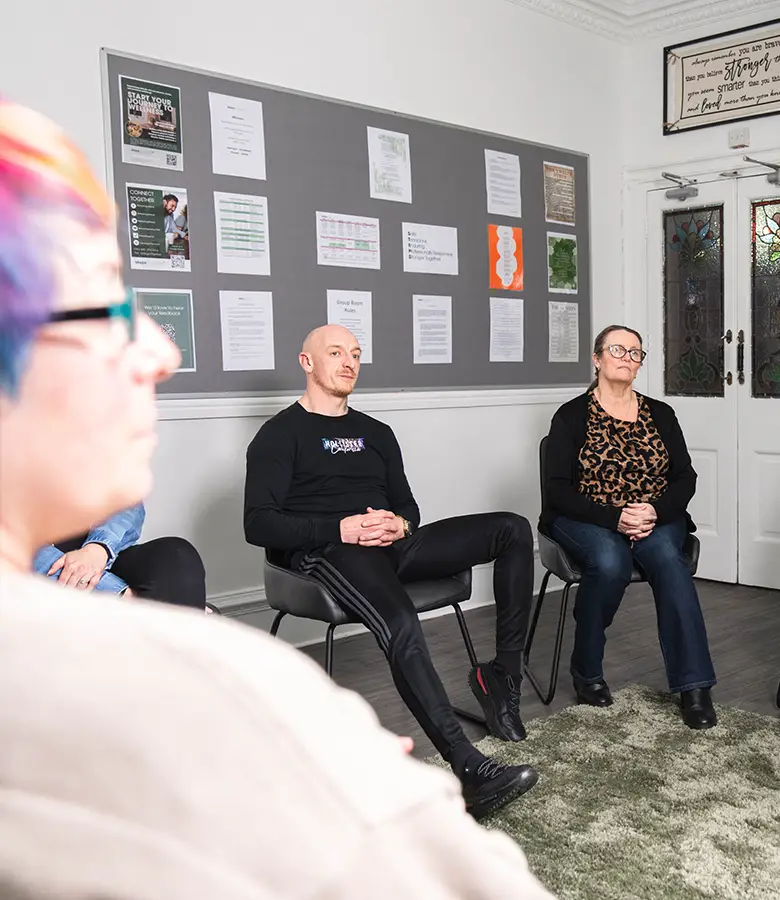
How Couples Sessions Work
Sessions usually begin with both partners meeting the therapist together. In early appointments, we may be asked about how we met, our shared history, and the challenges we face now. This helps the therapist understand the dynamics between us.
Many therapists also schedule individual sessions. These allow each of us to speak openly without interruption and give the therapist a fuller picture of our concerns.
After assessment, the therapist outlines a plan with clear goals. We then work through exercises and discussions aimed at improving communication, rebuilding trust, or resolving recurring disagreements. Progress is gradual, and change often depends on our willingness to practise new skills between sessions.
Exploring key aspects of couples counselling
Couples counselling focuses on strengthening relationships by addressing communication issues, rebuilding trust, and improving emotional connection. It also provides a safe and structured environment where both partners can express themselves openly while working towards healthier ways of relating to one another.
Benefits of Couples Counselling
We see couples counselling as a practical way to address relationship difficulties before they escalate. Sessions often focus on improving communication, reducing conflict, and helping partners understand each other’s perspectives more clearly. This can create a stronger foundation for long-term stability.
Couples also benefit from learning structured strategies to manage recurring disagreements. For example, many therapies teach problem-solving skills and emotional regulation techniques that can be applied outside of sessions. These tools help partners respond constructively rather than react impulsively during moments of tension.
Another key benefit is the opportunity to rebuild trust. Whether challenges involve infidelity, financial strain, or everyday stress, counselling offers a neutral space where both voices are heard equally. Over time, this process can restore a sense of partnership and reinforce mutual respect.
Confidentiality and Safety
Confidentiality is at the heart of effective couples counselling. We ensure that what is shared in sessions remains private, except in situations where there are legal or safeguarding obligations. This commitment builds trust and allows both partners to speak honestly about sensitive issues.
Safety is another essential element. Counselling provides a neutral environment where discussions can take place without judgement or escalation. This is particularly important when addressing topics such as past trauma, infidelity, or unresolved conflict.
We also emphasise emotional safety. Therapists are trained to manage difficult conversations and ensure both partners feel respected. By setting clear boundaries, we create a space where individuals can express themselves openly while still maintaining a constructive focus on solutions.
Relationship Counselling Support
At Steps Together, we provide tailored relationship counselling support designed to meet the specific needs of each couple. Our approach combines professional guidance with a compassionate understanding of the challenges couples face.
We offer both in-person and couples counselling online, making support accessible regardless of location or schedule. This flexibility allows partners to engage in therapy in a way that fits into their daily lives.
Our counsellors focus on creating a safe, collaborative environment where both partners feel equally supported. By addressing practical concerns alongside emotional needs, we help couples build healthier communication patterns, resolve conflicts more effectively, and strengthen their overall connection.
Who Can Benefit
Couples counselling is not limited to those in crisis. We often work with partners who simply want to strengthen their relationship or prepare for major life changes, such as marriage, parenthood, or relocation. Early intervention can prevent small issues from becoming deeply entrenched.
It is also valuable for couples experiencing significant distress. This includes those coping with infidelity, communication breakdowns, or long-standing resentment. Counselling provides structured guidance to help navigate these challenges in a constructive way.
Support is equally relevant for diverse relationships. Whether couples are dating, married, in same-sex partnerships, or blending families, counselling adapts to their unique circumstances. By tailoring sessions to individual needs, therapy creates practical solutions that reflect the realities of each relationship.
Success Rates and Outcomes
Research consistently shows that couples counselling can improve relationship satisfaction and reduce distress. Many couples report stronger communication, greater emotional closeness, and improved problem-solving after completing therapy. Evidence also suggests that structured approaches, such as emotionally focused therapy, produce lasting benefits for many partners.
That said, outcomes vary depending on the couple’s level of commitment and the nature of their difficulties. Some couples achieve significant improvements, while others may decide to separate on more respectful terms. Both outcomes can represent positive progress when handled with care.
We also recognise that therapy is not a quick fix. Sustained change often requires ongoing effort from both partners. By practising the skills learned in sessions, couples are more likely to maintain improvements over time and prevent old patterns from resurfacing.
Other Therapy Modalities Available in Our Centres
We offer a range of additional therapies designed to support recovery from different angles. These approaches provide clients with more personalised care, helping them develop the tools and confidence needed for long-term wellbeing.
Dialectical Behaviour Therapy (DBT)
Dialectical Behaviour Therapy (DBT)
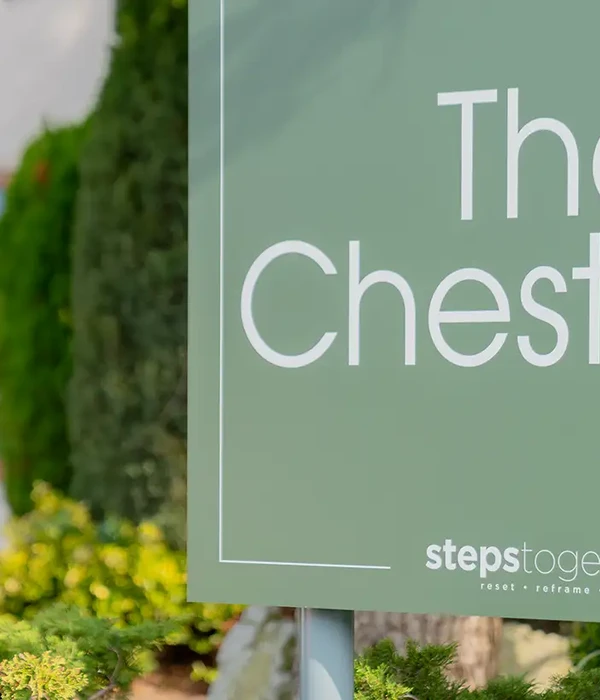
Focused therapeutic approaches for couples
We use structured, evidence-based methods to help couples manage conflict, process trauma, and strengthen emotional connection. These approaches focus on both individual regulation and shared understanding, creating practical ways for partners to move forward together.
Dialectical Behaviour Therapy
Dialectical Behaviour Therapy (DBT) helps couples when intense emotions and recurring conflict dominate their relationship. It combines cognitive-behavioural strategies with mindfulness practices, giving partners tools to regulate emotions and communicate more effectively.
We focus on four key skills: mindfulness, distress tolerance, emotion regulation, and interpersonal effectiveness. When couples learn these together, they begin to reduce escalation during disagreements and respond with greater empathy.
DBT is especially useful when one or both partners struggle with overwhelming emotions or patterns of avoidance. By practising these skills in a structured way, couples build healthier interactions and greater stability in their relationship.
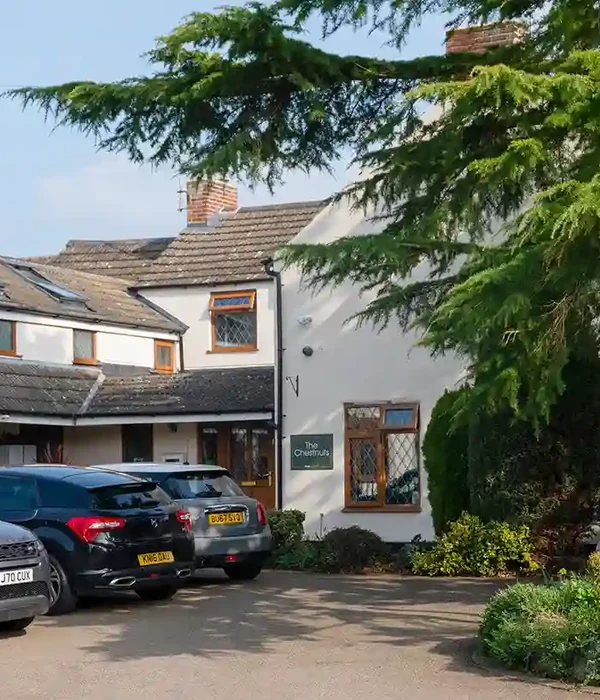
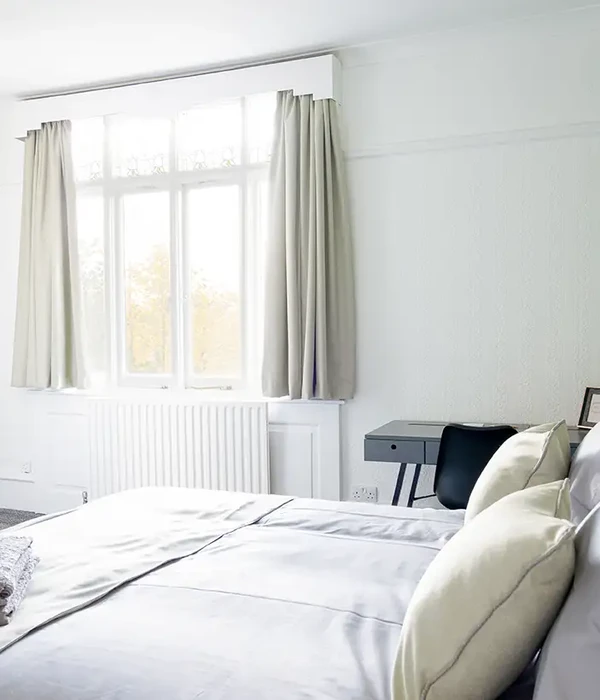
EMDR Therapy For Trauma
EMDR Therapy (Eye Movement Desensitisation and Reprocessing) is designed to help process unresolved trauma that often affects relationships. When past experiences remain unaddressed, they can resurface in arguments, mistrust, or emotional withdrawal.
Through guided bilateral stimulation, such as eye movements or tapping, EMDR helps individuals reprocess distressing memories so they no longer trigger the same emotional intensity. For couples, this can reduce reactivity and create space for more supportive communication.
We often see EMDR benefit couples where trauma has led to cycles of misunderstanding or disconnection. By reducing the emotional weight of past events, partners can focus more fully on their present relationship and build a foundation of trust and safety together.
Practical considerations and support
We want to make the process of starting and continuing couples therapy as clear and manageable as possible. From understanding fees to arranging sessions and ongoing support, every stage is designed to be straightforward and transparent.
Our sessions are charged at a set rate so couples know exactly what to expect before committing. The standard fee for an 80‑minute appointment is typically around £180, with payment due in advance to secure the booking. This helps avoid last‑minute confusion and ensures time is reserved exclusively for you.
Some private health insurance providers may contribute towards counselling costs, but coverage varies significantly. We encourage couples to check directly with their provider about what is included in their policy. Where insurance does not apply, we accept personal payments through secure methods for convenience.
We are committed to being upfront about costs. There are no hidden charges, and any changes to fees are communicated clearly before they take effect. This approach allows couples to plan their therapy journey with confidence.
Arranging therapy should not feel complicated. We begin with short consultation calls where each partner has a chance to speak with us individually. These calls allow us to understand your needs and confirm whether our approach is the right fit.
Following this step, both partners complete a short questionnaire. The form encourages reflection on your relationship and provides us with valuable context before the first session. Once this is returned, we issue a therapy agreement outlining confidentiality and other important details.
The initial session lasts 80 minutes and sets the foundation for ongoing work. Weekly sessions are the most common arrangement, though we review this together as therapy progresses. All bookings are confirmed in advance, and we keep scheduling as flexible as possible within agreed times.
Support does not end when regular sessions conclude. We provide structured aftercare to help couples maintain progress and continue applying new skills in daily life. This may include periodic check‑ins, follow‑up resources, or referrals to additional services if needed.
We understand that relationships evolve, and challenges can re‑emerge over time. Having access to aftercare ensures couples are not left without guidance once therapy finishes. This continuity can make a significant difference in sustaining positive changes.
Related therapy pathways available
We recognise that couples therapy often works best when supported by other therapeutic pathways. These options can address individual wellbeing, provide structured care, and create spaces for shared growth beyond the couple’s sessions.
Professional Counselling Services
We provide access to professional counselling services delivered by licensed therapists who specialise in relationship and mental health support. This pathway allows couples to explore challenges such as communication breakdowns, unresolved conflict, or trust issues with structured guidance.
Sessions are typically short-term and goal-focused, helping us identify patterns that may be holding the relationship back. Counsellors often use evidence-based approaches, such as cognitive-behavioural or humanistic methods, to encourage healthier interactions.
Individual Therapy Integration
Alongside couples therapy, individual therapy can help each partner focus on personal growth and mental wellbeing. This pathway allows us to explore deeper issues such as past trauma, self-esteem, or emotional regulation that may affect the relationship.
Through one-to-one sessions, we gain insight into our own patterns and behaviours, which can improve how we engage with our partner. Licensed therapists may use approaches such as psychodynamic, CBT, or solution-focused therapy depending on individual needs.
Outpatient Mental Health Care
Outpatient mental health care offers a structured framework for those who need more consistent support without inpatient admission. This pathway is valuable when relationship challenges are closely linked with conditions like anxiety, depression, or substance use.
We work with professionals who deliver ongoing therapy sessions, psychiatric assessments, and medication management when required. Outpatient care often includes scheduled weekly or bi-weekly sessions, providing stability and continuity.
By addressing both individual and relational needs, this pathway helps couples manage external stressors that may otherwise undermine progress in therapy.
Group Therapy Dynamics
Group therapy offers a supportive environment where couples or individuals can learn from others facing similar challenges. This pathway encourages open discussion, shared experiences, and peer feedback, which can complement the insights gained in couples sessions.
We often see that group settings help normalise struggles, reduce feelings of isolation, and provide practical coping strategies. Facilitated by trained therapists, group therapy also strengthens communication skills and emotional awareness.
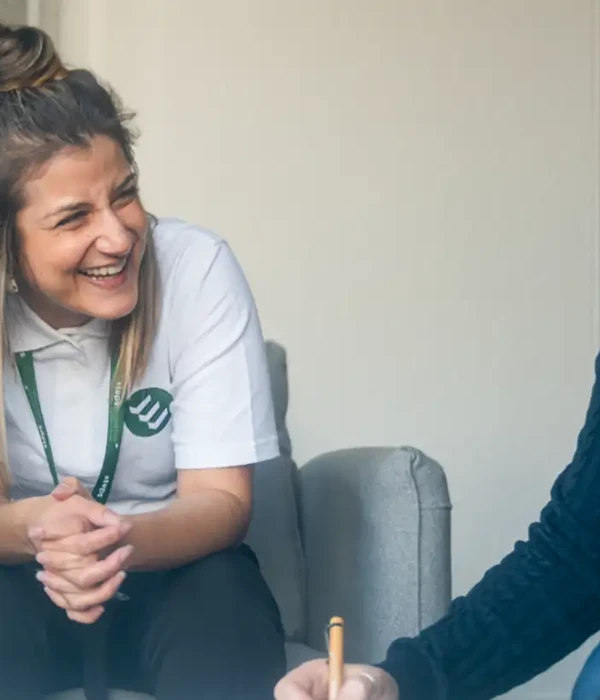
Start your journey together today
Taking the first step towards couples therapy can feel uncertain, but it often leads to real progress. Many partners find that structured sessions improve communication and reduce conflict in ways that everyday conversations cannot.
Research highlights that the couples counselling success rate is encouraging, with many couples reporting stronger relationships after consistent attendance. While outcomes vary, the process often helps partners understand each other more clearly and develop healthier patterns.
We also recognise that cost can be a concern. Options such as affordable private therapy UK services make it possible to access professional support without overwhelming financial strain. Comparing providers and session formats can help couples find a balance between quality and affordability.
Couples therapy FAQs
Couples often want clear answers about what therapy involves, how accessible it is, and what they can expect from the process. Practical concerns such as cost, confidentiality, and therapist qualifications are also important when deciding whether to begin.
What happens in a couples therapy session?
In a typical session, we sit with both partners and invite each person to share their perspective. The therapist helps create a safe environment so both voices are heard without interruption.
We focus on patterns of communication, sources of conflict, and areas where the relationship feels strained. Sessions may also explore hopes, expectations, and shared goals.
Rather than offering quick fixes, the therapist guides structured conversations. This allows couples to better understand each other’s needs and to practise healthier ways of resolving disagreements.
Is couples therapy available on the NHS?
The NHS does not routinely provide couples counselling as a standard service. NHS Talking Therapies primarily focus on individual treatment for anxiety and depression.
However, some local NHS trusts and GP practices may refer couples to relationship support organisations, such as Relate, which sometimes work in partnership with the NHS. Availability depends heavily on the region.
For most couples, access to therapy through the NHS is limited, so private therapy or charity-run services often become the more realistic route.
Does online couples therapy work as well as in-person?
Online sessions have become a common alternative, especially since the pandemic. Many couples find video calls just as effective as meeting face-to-face, provided both partners have a private, quiet space.
The format allows flexibility for those with busy schedules or long commutes. It can also make therapy more accessible for couples living in different locations.
While some prefer the presence of in-person sessions, research and client feedback suggest online therapy can deliver similar benefits when both partners engage fully.
Is everything said in therapy confidential?
Confidentiality is central to therapy. What we discuss in sessions stays private between the couple and the therapist.
Exceptions exist only in rare cases, such as when there is a risk of serious harm to someone, or where disclosure is required by law. Therapists explain these limits clearly at the outset.
This commitment to confidentiality helps create the trust needed for open and honest conversations between partners.
How much does couples counselling cost in the UK?
Private couples therapy in the UK usually ranges from about £50 to £120 per session, depending on location, therapist experience, and session length. In larger cities, fees often sit at the higher end of that scale.
Some therapists offer reduced rates for those on lower incomes, while charities and community organisations may provide more affordable options. It’s important to ask about fees and payment arrangements before starting.
Costs vary widely, so couples should consider both their budget and the value of working with a qualified professional who understands their needs.
How many sessions will we typically need?
The number of sessions depends on the couple’s circumstances and goals. Some couples attend for a short block of 6 to 8 sessions, while others may benefit from longer-term work.
Therapists often suggest starting with a set number of sessions and then reviewing progress together. This helps couples assess whether they are moving towards the changes they want.
Complex or long-standing issues may require more time, but the pace and length of therapy are usually agreed collaboratively.
What qualifications should a couples therapist have?
In the UK, couples therapists often come from backgrounds in counselling, psychotherapy, or psychology. We should look for professionals registered with recognised bodies such as the BACP, UKCP, or COSRT.
Specialist training in relationship therapy is important, as working with couples requires different skills from individual counselling. Many therapists undertake additional postgraduate courses in this area.
Checking membership with professional organisations gives reassurance that the therapist meets ethical and training standards.





